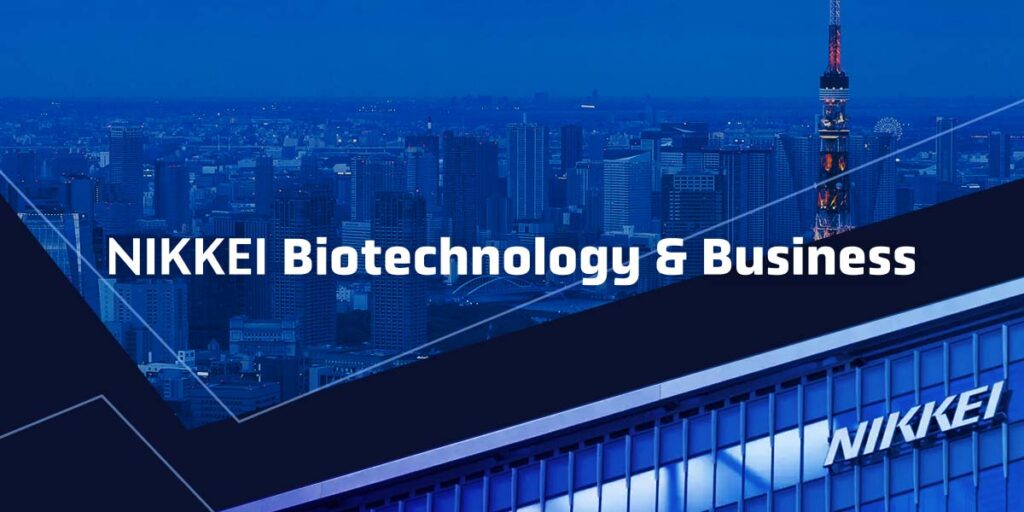Meiji Seika Pharma announced Tuesday that it plans to apply in Japan to sell its self-amplifying mRNA vaccine for Covid-19 and supply it for the fall/winter season.
An interim analysis of a Phase 3 clinical trial of the vaccine ARCT-2301, or Kostaive, showed non-inferiority in immunogenicity compared to Pfizer and BioNTech’s previously approved bivalent mRNA vaccine Comirnaty. Kostaive is a self-amplifying mRNA vaccine created based on the technology of Arcturus Therapeutics. ARCT-2301 is a bivalent vaccine based on the original strain and Omicron BA.4-5.
The subjects were healthy adults aged 18 and older who had received 3-5 doses of the approved mRNA vaccine, with at least three months having passed since the last dose. In the trial, 927 subjects were randomized to the ARCT-2301 group (463 subjects) or the Comirnaty group (464 subjects), and received an additional 0.5 mL (5 μg) dose of ARCT-2301 or 0.3 mL (30 μg) dose of Comirnaty.
The primary immunogenicity endpoints were the non-inferiority verification of the geometric mean titer (GMT) and seroresponse rate (SRR) of neutralizing antibodies against Comirnaty at day 29. The observation period was approximately 180 days. Side effects, as well as the efficacy based on the incidence of Covid-19, were also evaluated.
In this interim analysis, ARCT-2301 demonstrated significantly higher immunogenicity, including GMT and SRR of neutralizing antibodies against the Omicron BA.4-5 and original strains, compared to Comirnaty. The incidence of specific adverse events with ARCT-2301 was comparable to Comirnaty, and all events were mild or moderate in severity. The incidence rates of all adverse events were also similar between the groups.
“It has been confirmed that high immunogenicity and safety can be reproduced even if the manufacturing strain serving as the basis for the vaccine is changed due to the emergence of a new SARS-CoV-2 variant. We believe this establishes the Kostaive platform,” said Daikichiro Kobayashi, the CEO Meiji Seika’s pharmaceutical division. “We expect this platform to be applicable even in cases where the prevalent strain undergoes a major mutation or its pathogenicity changes significantly.”
Based on the trial results, the company plans to determine the manufacturing strain in line with the vaccine strain (prevalent strain) selection by the World Health Organization, Ministry of Health, Labor and Welfare, and National Institute of Infectious Diseases, and apply for partial change approval for Kostaive in preparation for the 2024 fall/winter season.
“From fall 2024 onward, we will supply a vaccine based on the new prevalent strain. Approximately 28 million people in Japan received vaccinations that started in fall 2023, so we expect around 30 million people to receive vaccinations annually going forward,” said Kobayashi.
The company plans to manufacture and supply 4 million doses of Kostaive for the 2024 fall/winter season. It is anticipated that the vaccine will be kept under frozen conditions until it reaches vaccination sites or hospitals, where it will be switched to refrigerated storage.
The company is considering a price that falls within the range envisioned by the Ministry of Health, Labor and Welfare.
The company has already begun manufacturing preparations after selecting multiple prevalent strains. It appears that, at this time, it is undecided whether the Kostaive vaccine will be monovalent or bivalent for the partial change application, but according to the company spokesperson, “The possibility of it being a bivalent vaccine containing the original strain is considered quite low.”
First published with our partner Nikkei Biotechnology & Business here.

